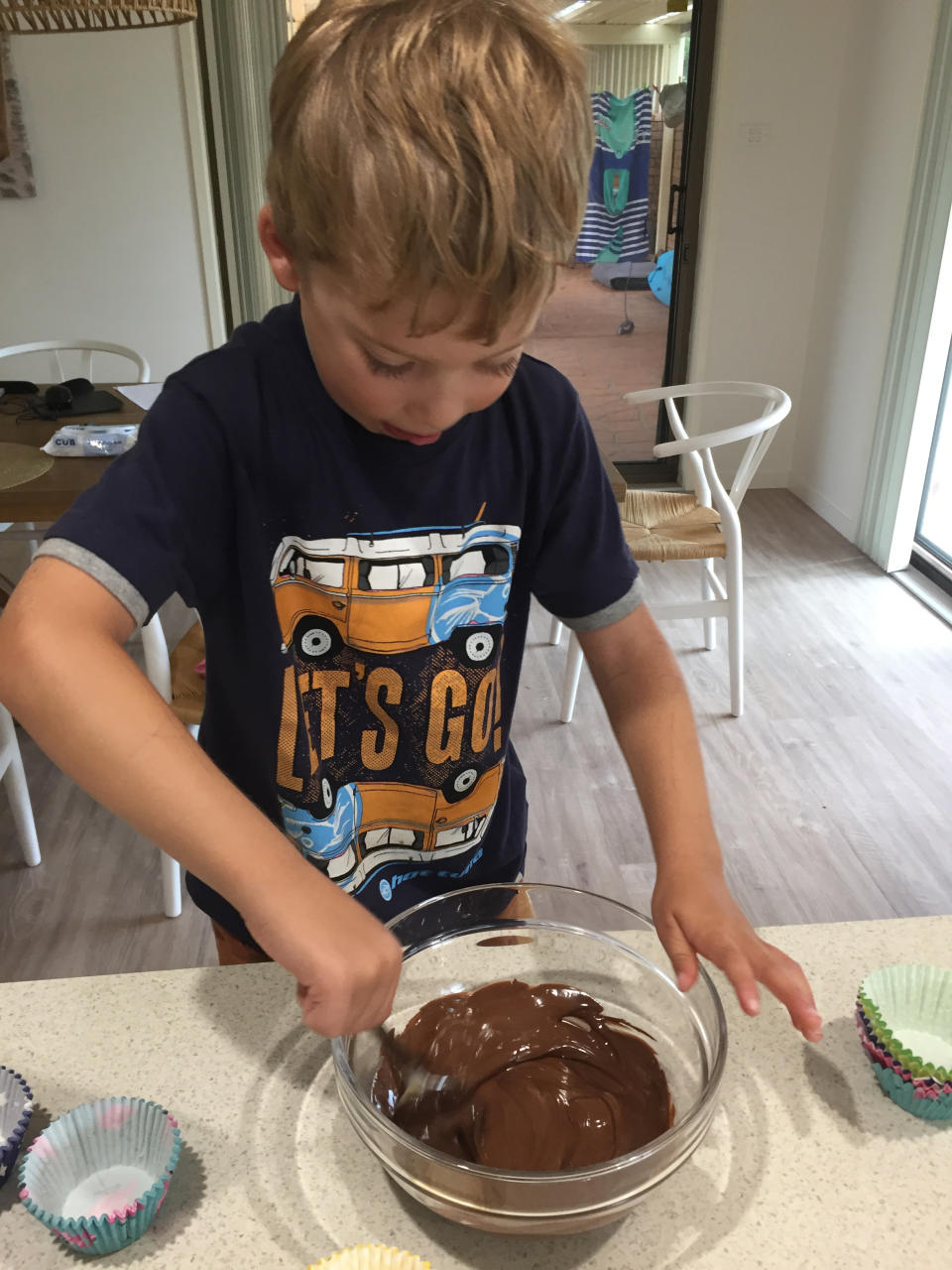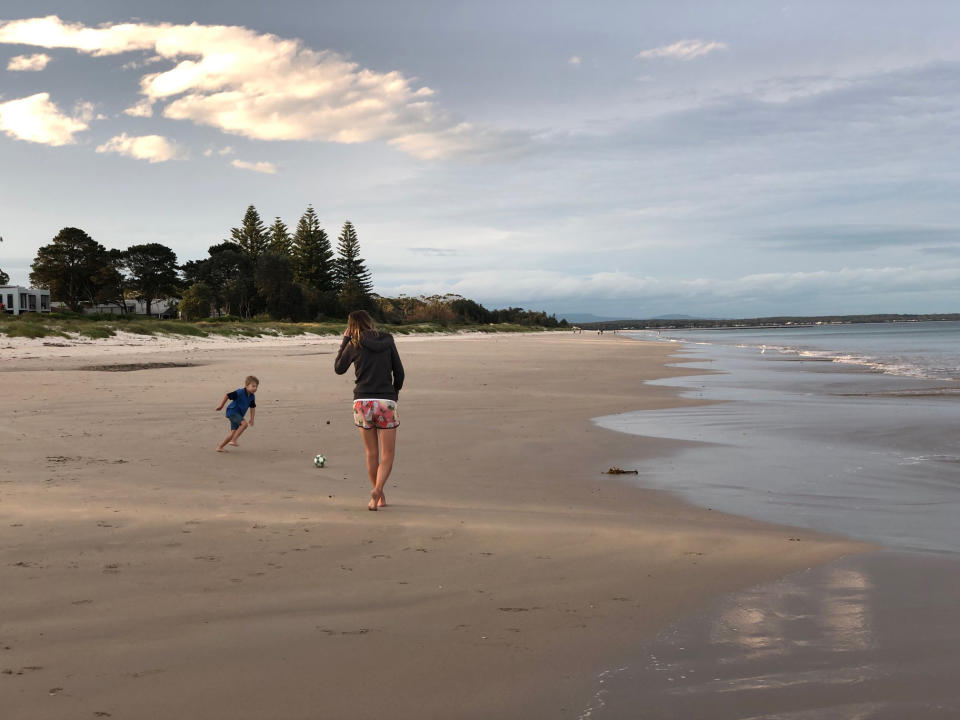Why I don’t want iso to end
If you’d told me six weeks ago that I’d have to work from home, homeschool my children, and barely leave the house, I would have panicked.
How would we cope? How would we manage without friends, activities and outside world distractions? It seemed like an impossible situation.

Yet, now we’re a few weeks into the isolation rhythm, when I think about the eventual return to our normal life, I feel sort of…sad.
Apparently I’m not the only one feeling this way. A UK poll shows just nine per cent of people want to go back to their normal lives.
Thirty-nine per cent say they’ve been more in touch with friends and family than previously, and 40 per cent say there’s a stronger sense of community in their local area.

Noticing cleaner air, spotting more wildlife, and enjoying and valuing food were also all cited as reasons that lockdown has brought unexpected benefits.
From my privileged position of living in a safe environment with a healthy family, I can relate.
Long phonecalls with friends (why did we ever think texts or emojis could replace that?), friendly chats from afar with neighbours, and crystal-clear waters during our morning surf have all been surprising lockdown benefits.

But the biggest thing I’ve discovered, is time. In spite of juggling working from home with two small children, the time we have now feels somehow…better.
We eat breakfast and dinner as family every day. I go for an early morning run without worrying about being late for work. We don’t charge between barbecues and birthday parties, or trek from swimming lessons to dance class to football club.
Slowing things down has made us appreciate the small things. Lego. A walk down the road in the dark to look at the stars. A long bike ride with no time constraints. Bluey on the couch after dinner because, why not?
Living a simpler, slower life has made me think about what I might have been missing out on. And I’m not alone.
Every friend I’ve mentioned this to has admitted to feeling the same. “I’ve been thinking a lot about whether the priorities we had to date have been right,” says Joanne, 39.
“We are enjoying this slower pace, and I don’t want to give up this family time. I’ve been thinking a lot about how I want to live in the future; things like moving somewhere cheaper or looking for work I could do remotely, to really out-there ideas like a communal living situation. Isolation has made me question my values.”
Vicky, 41, agrees: “I want to try and hold on to some of this time,” she says. “I’m going to ask if I can regularly work from home a couple of days a week or cut my hours down.”

A slower life might be better for our children too. “My daughter is sleeping and eating better than she ever has,” says Amanda, 42. “She’s so happy to just be at home and hanging out with us.”
Being able to hit the ‘pause’ button on our lives has “given us the opportunity to slow down and reflect on what’s important and what we value,” says Sydney Clinical Psychologist Dr Melissa Keogh.
“For many, it’s exposed just how much we have been pushing ourselves and cramming into a day, often at the cost of our own health, happiness and time spent with loved ones.”
Although I might want to ditch my kids swimming lessons, cut down on social events and work from home a bit more, how do I stop being swept up in the busyness that will try and creep up on me once life starts to become more normal again?
“It’s important to write down and reflect upon the positives that have emerged during lockdown, and then set some achievable goals around maintaining these,” says Dr Keogh.
“This should include clear strategies such as ‘I’m going to talk to my manager about working from home two days a week at our next meeting.”
She adds: “If during this time you’ve realised there are some issues and you ignore them, they are likely to return in some way, shape or form down the track.”
Perhaps this should be a word of warning to us all; lockdown has taught us what’s really important – it’s up to us to do more than pay lipservice to it.
Got a story tip or just want to get in touch? Email us at lifestyle.tips@verizonmedia.com.

 Yahoo Lifestyle
Yahoo Lifestyle 



